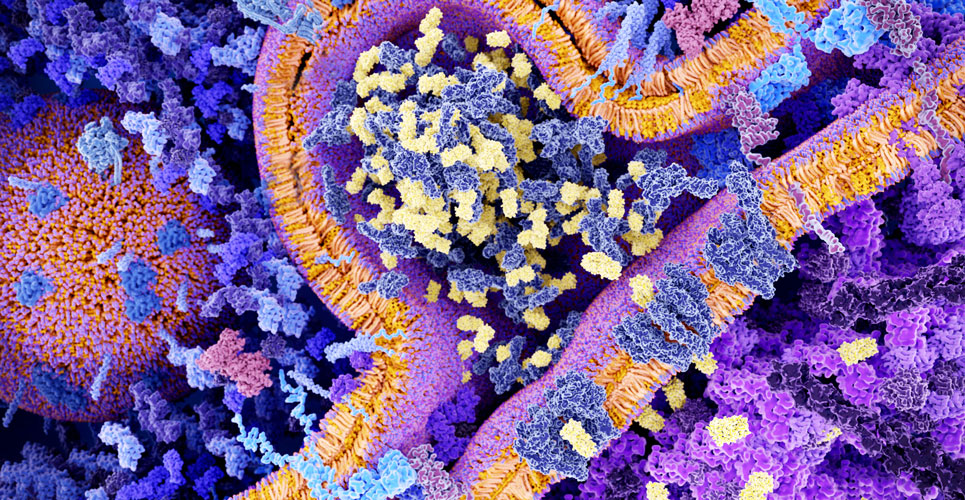Pharmacy services have rapidly expanded over the last decade. An excellent example of how pharmacists were faced with new challenges and opportunities was the introduction of immune checkpoint inhibitors, which have changed the landscape of cancer treatment.
In recent years, other strategies such as chimeric antigen receptor (CAR) T-cell therapies were introduced, are still currently under investigation in clinical trials or are upcoming, including vaccines, dendritic cells and virotherapy.
CAR T-cell therapy involves the engineering of cells to contain unique CAR receptors. T-cells are first extracted from the patient, genetically modified, replicated in a pharmaceutical facility or laboratory and reinfused into the patient where the cells can multiply, spread, recognise cancer cells and subsequently attack them.
Recently two CAR T-cell therapies have been approved by the European Medicines Agency (EMA) and are available on the market: tisagenlecleucel (Kymriah®; Novartis) and axicabtagene ciloleucel (Yescarta®; Kite Pharma/Gilead). Kymriah® is indicated for the treatment of paediatric and young adult patients up to 25 years of age with B-cell acute lymphoblastic leukaemia that is refractory, in relapse post-transplant or in second or later relapse, and in adults with relapsed or refractory diffuse large B-cell lymphoma after two or more lines of systemic therapy. Yescarta® is indicated for the treatment of adult patients with relapsed or refractory diffuse large B-cell lymphoma and primary mediastinal large B-cell lymphoma, after two or more lines of systemic therapy.
The use of CAR T-cells has become a hot topic in the field of haematology and many CAR T-cell clinical trials are being conducted around the world. Key opinion leaders have expressed its great therapeutic potential at many international conferences and promising results are cited in numerous scientific articles.
“As the field of CAR T-cell therapy is expanding and their clinical applications continue to advance, it is critical for pharmacists to be involved in these developments to deliver optimal, tailored drug therapies for patients”
Their use brings opportunities but also challenges for pharmacists because there can be very severe side effects from treatment, the most troublesome of which is cytokine release syndrome (CRS). Both Kymriah® and Yescarta® are under additional monitoring by the EMA, meaning that they are monitored more intensively than other medicines. Research is currently ongoing to find ways to mitigate the side-effects to make the therapy become a viable option for more patients.
Pharmacists should ensure that a sufficient number of vials of tocilizumab, an interleukin-6 blocking agent, are available in the pharmacy or on the ward to treat urgent and severe CRS. Supportive care and early anti-cytokine therapy is absolutely required to mitigate the life-threatening consequences of severe CRS.
Although expensive agents are not new to oncology care, numerous costs (including bridging chemotherapy, hospitalisations, treatment of adverse effects and potential stays in the intensive care unit) contribute to the high cost of the therapy. Pharmacists should therefore closely collaborate with the hospital finance team, and monitor appropriate reimbursement of CAR T-cell and related treatments such as supportive therapy. It is of further importance to determine all treatment-related costs to have knowledge of the overall cost of care.
Special education of pharmacists involved in the process is of paramount importance and individual collegues could be identified to have roles and responsibilities for guideline development and implementation. Staff education related to CAR T-cell therapy and management of its associated adverse effect is vital.
In conclusion, CAR T-cell therapy requires a multidisciplinary approach for success. The adverse effects can be severe and the cost of the therapy cannot be denied. Pharmacists need to be trained to assist in managing side effects and toxicities as members of the multidisciplinary team. As the field of CAR T-cells is expanding and their clinical applications continue to advance, it is critical for pharmacists to be involved in these developments to deliver optimal, tailored drug therapies for patients.

